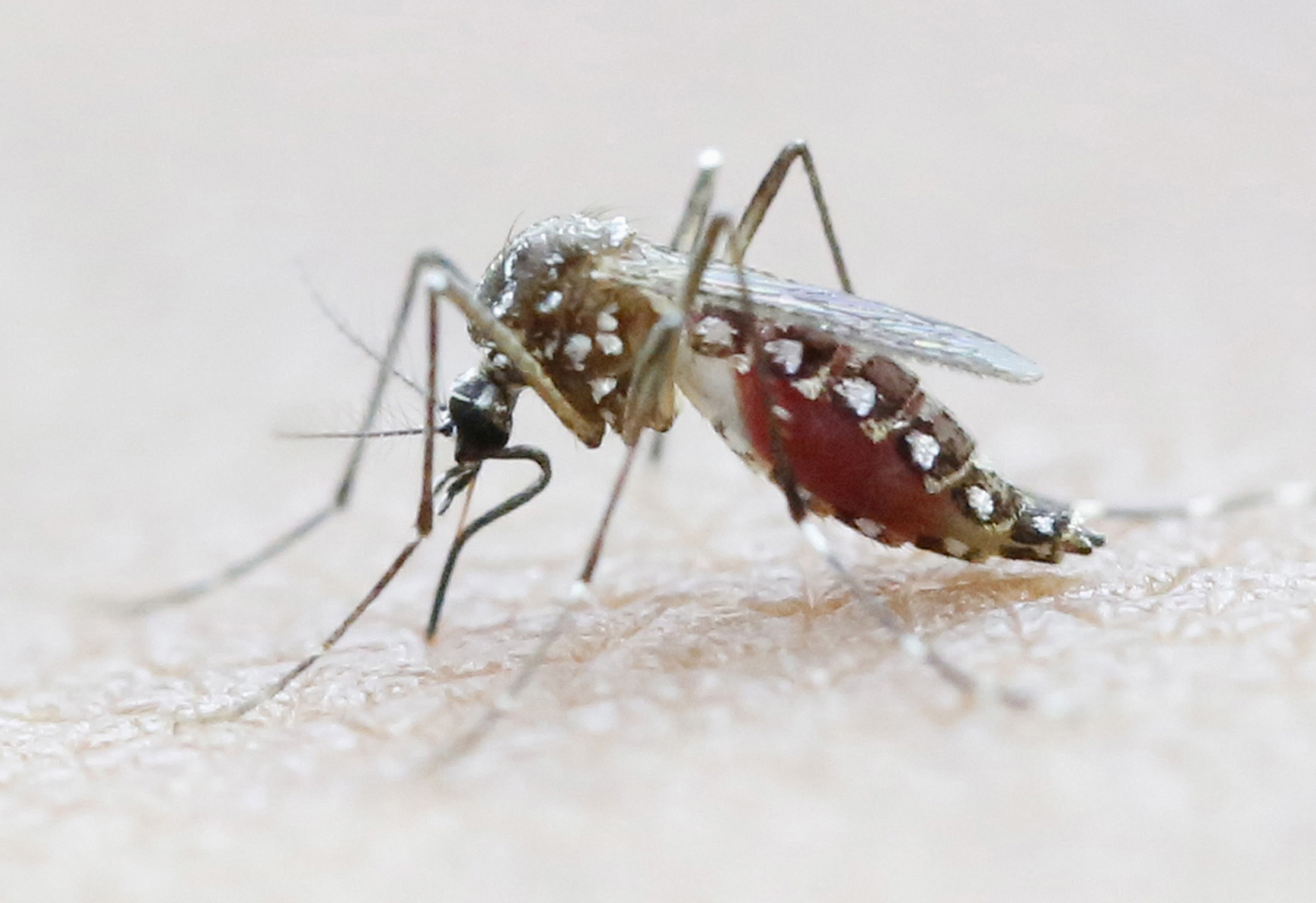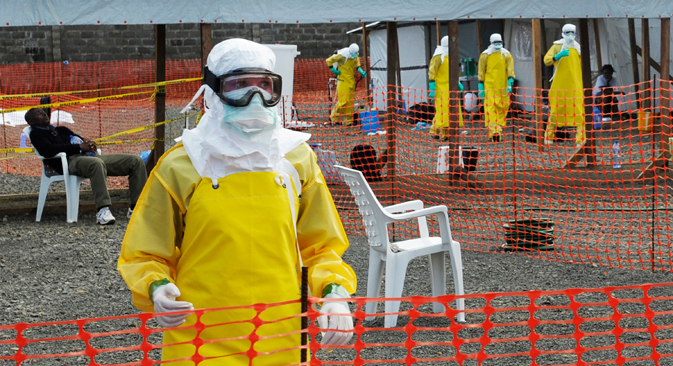Avoiding ‘Zika’at the Rio Olympics

An Aedes Aegypti mosquito seen on a human hand in a lab of the International Training and Medical Research Training Center (CIDEIM) in Cali, Colombia
ReutersThe Zika virus, unlike the Ebola virus, is not fatal. However, it appears to have devastating effects on pregnant women, leading to children being born with microcephaly, an innate condition affecting the development of the skull and consequently the brain, resulting in serious underdevelopment of the child.
More than 4,000 cases of microcephaly in children born to infected mothers have been registered since October 2015 in Brazil alone, a country preparing to host the 2016 Summer Olympics.
The virus was first discovered in the 1940s in Uganda, where monkeys were its natural carriers. While the local population developed a strong immunity to the virus, it was "noticed" on a global level only after the mosquitoes carrying it appeared in South America and actively settled through the continent.
The pathogenic result now being observed in the New World is the consequence of the virus appearing in populations that have not developed immunity.
Besides the New World, these mosquitoes (Aedes aegypti and Aedes albopictus) have been seen in practically every corner of the planet, except Antarctica. The insects also carry the Dengue fever, the Yellow Fever, the West Nile Virus and around a hundred other lesser-known viruses.
Work on finding a vaccine for Zika is only just beginning (in the United States, Europe, Russia and India), which is why for now the best way to fight it is with preventive measures, according to virologists.
How to avoid it:
A warning to pregnant women
Since Zika can cause the greatest amount of damage to a child in the mother's womb, virologists warn pregnant women not to travel to tropical countries. However, if a pregnant woman is already in a tropical country, she should try and stay in air-conditioned facilities and undergo a virus test.
Personal defence
The main form of defence is mosquito nets in windows and over beds, long clothing and mosquito repellents. Pathogenic mosquitoes are usually found in wild locations and in the peripheries of cities, which is why it is better to avoid close contact with nature to avoid the risk.
Eliminating mosquitoes
In some countries, local authorities are killing mosquitoes near ponds and swamps in a centralized manner. For example, Canadian authorities are using Metathion. These methods reduce the numbers of mosquitoes, but do not eliminate them entirely.
Sexual abstinence
Some scientists believe the Zika virus is transmitted through sexual intercourse from infected men, even three weeks after they are cured.
Planning your travels
If you are planning to visit countries, which have reported an outbreak of Zika or other dangerous viruses, taking safety precautions before travel is advisable. One of the largest events in South America this year will be the Summer Olympics in Rio de Janeiro, a Brazilian city, which has reported 3 suspected cases of the Zika virus.
All rights reserved by Rossiyskaya Gazeta.
Subscribe
to our newsletter!
Get the week's best stories straight to your inbox
